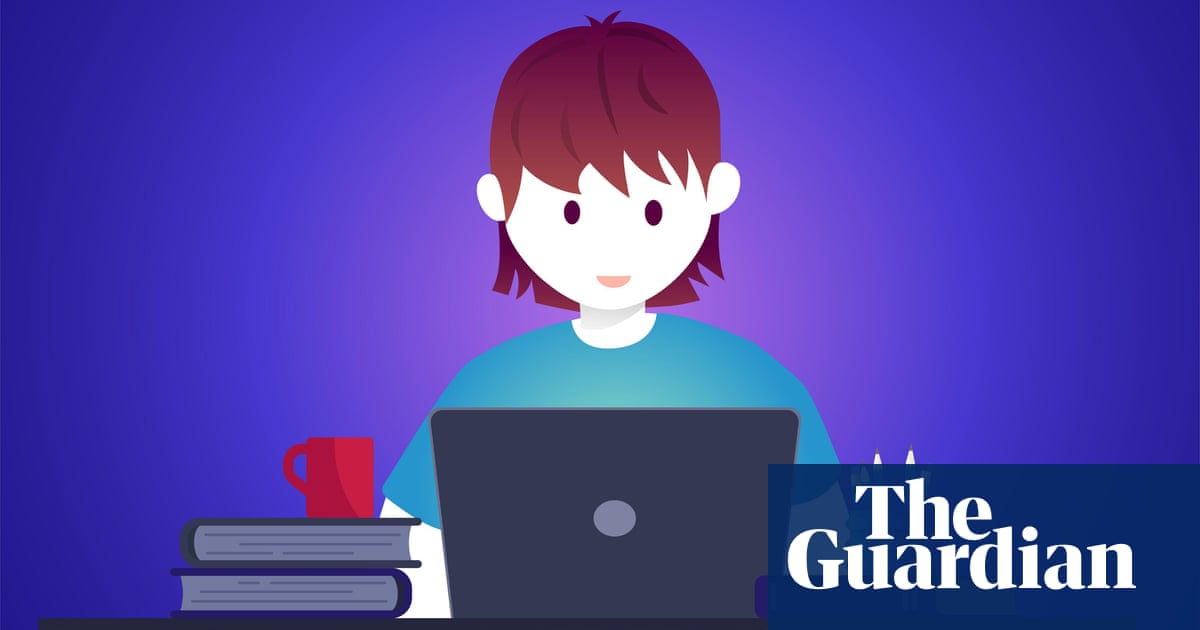
Working from home, while very much a privilege, has been a mixed bag. I live alone and often realize, as the sun begins to set, that my mouth has not actually emitted a word all day. The lack of interaction can make it easy for minor anxieties and frustrations to spiral into existential crises.
On the other hand, there are plenty of benefits; off the top of my head, I’d place rolling out of bed seconds before work begins, devoting milliseconds to choosing my outfit, and a minimal commute – from my bed to the platform above it – near the top of the list.
All of these were fairly predictable when we left our offices a year ago. What I hadn’t foreseen were the professional benefits, for someone who is socially anxious, of changing the primary way we communicate.
I have always had trouble speaking up at work. I am a copy editor, so my day involves reading articles, finding obscure problems and addressing them with writers. In the Before Times, that often meant approaching a reporter and politely criticizing what they’d toiled over. This is, of course, expected in a newsroom, and it is rare that anyone gets prickly – but that didn’t stop me from imagining they were quietly fuming over my views on dangling participles. Many of these writers were people I viewed as far above my station, making the whole thing even more intimidating; God forbid I should need to confront a top editor on the issue of percentages versus percentage points.
Attempting to share my ideas in a meeting meant stumbling over my words, panicking, and then blurting out a dumbed-down version of what I was trying to say, in an effort to flee the spotlight – generally followed by something along the lines of “I-dunno-if-this-is-interesting-no-problem-if-not”. I used to keep on my desk a bottle of whiskey given to me by a fellow editor, which she’d relabeled “Liquid Comma Confidence”. (Note to my boss: it was there purely for visual inspiration.)
But these days, most of my work-related interaction is through office chat apps. This means I have time to craft my comments before I utter them. Copy-editing often raises intricate queries that I struggled to stammer out in person; now, I can spend a minute writing them down as clearly as possible, making a better case for the changes I’d like to make. The slowed interaction gives me time to think, allows me to write considered arguments, and makes me more articulate – essentially, it allows me to be more of the person I aspire to be.
What’s more, the terrain has evened out. Everyone is on the same platform, equally accessible, and they can answer me when it is convenient. The reduction of face-to-face contact has lowered the psychological bar for interaction.
I’m sure I’m not alone in feeling this. It’s the same reason you might be able to tweet (or, in the past, write a fan letter) to your celebrity idol, but would be nervous to approach them at a book signing. Or why it’s so much easier to text someone you’re into than to call them.
I have always been more comfortable with the written word than the spoken one. Certainly I could have sent a chat across the room before the pandemic – in fact, if the office had been on fire, I’d probably have preferred to alert people by email – but that always felt silly. Now typing is the standard way to communicate.
Nonetheless, I will be overjoyed to return to the office when it is possible. The toll of isolation far outweighs the benefits of reduced social anxiety. When I will be able to see my colleagues again, I’ll try to use the lessons I’ve learned from chatting online: take your time to craft your sentences because there is no rush. And don’t be afraid to approach people – think of it as pinging them a message in real life.
We’ll all be so starved for connection they’ll probably want to talk semicolons for hours.
from Lifestyle | The Guardian https://ift.tt/3cebcnJ
via IFTTT

comment 0 Comment
more_vert